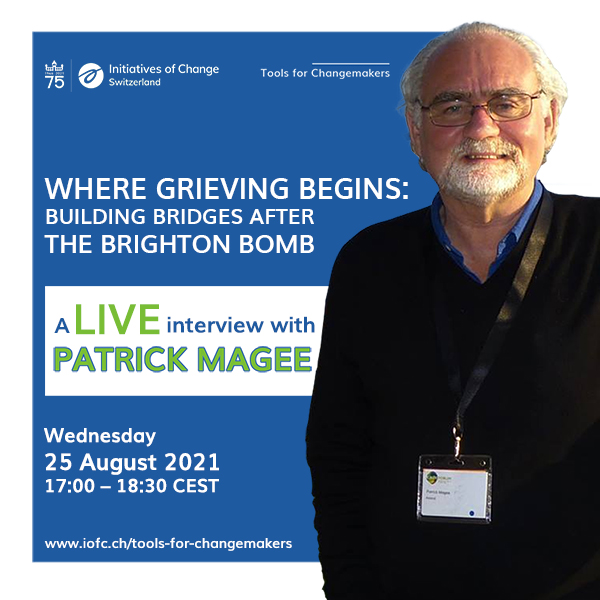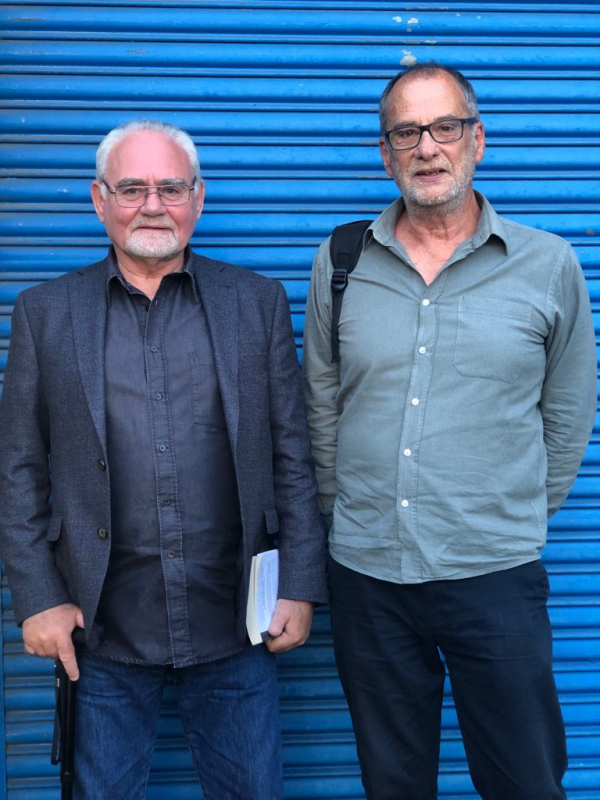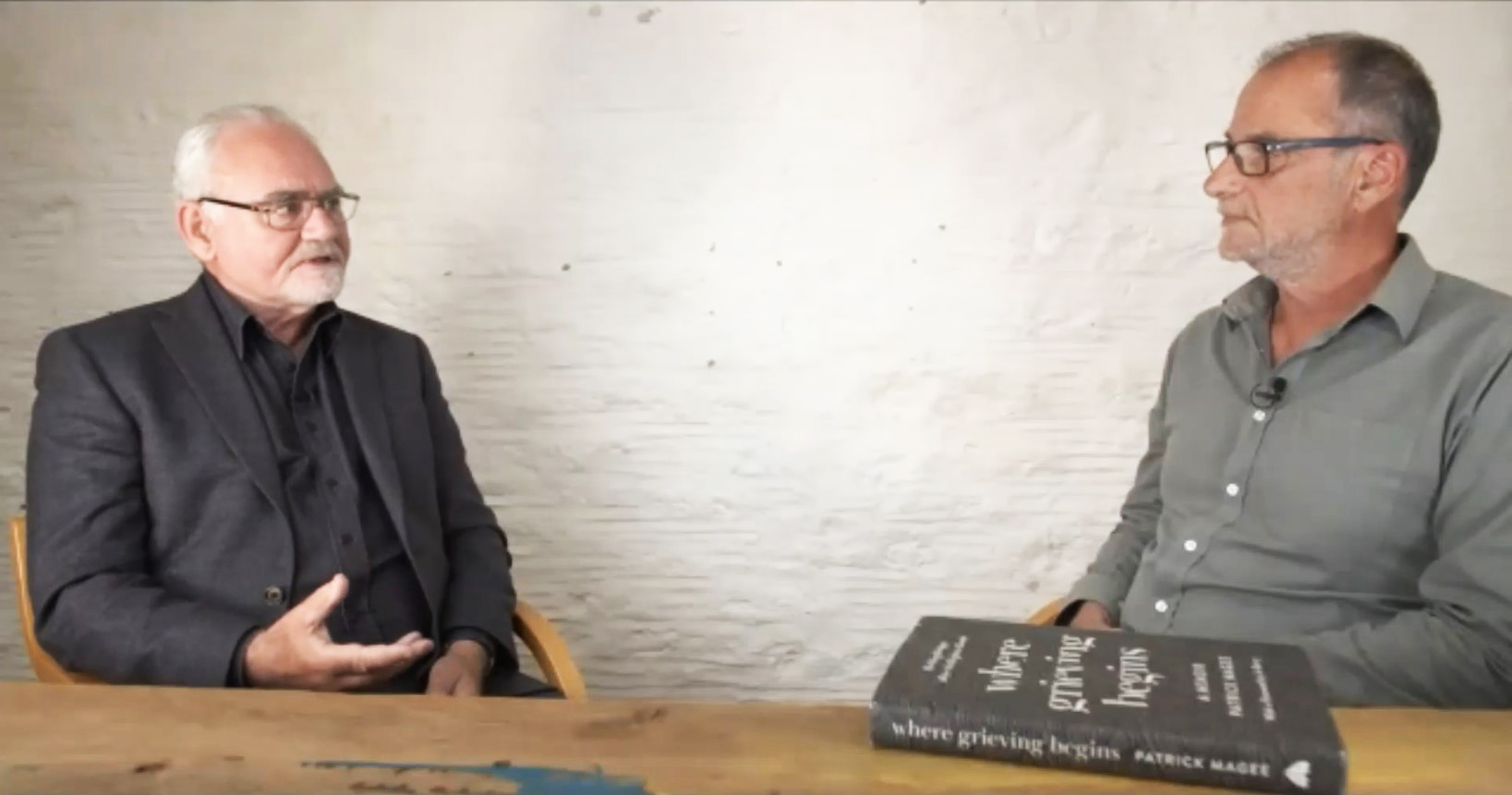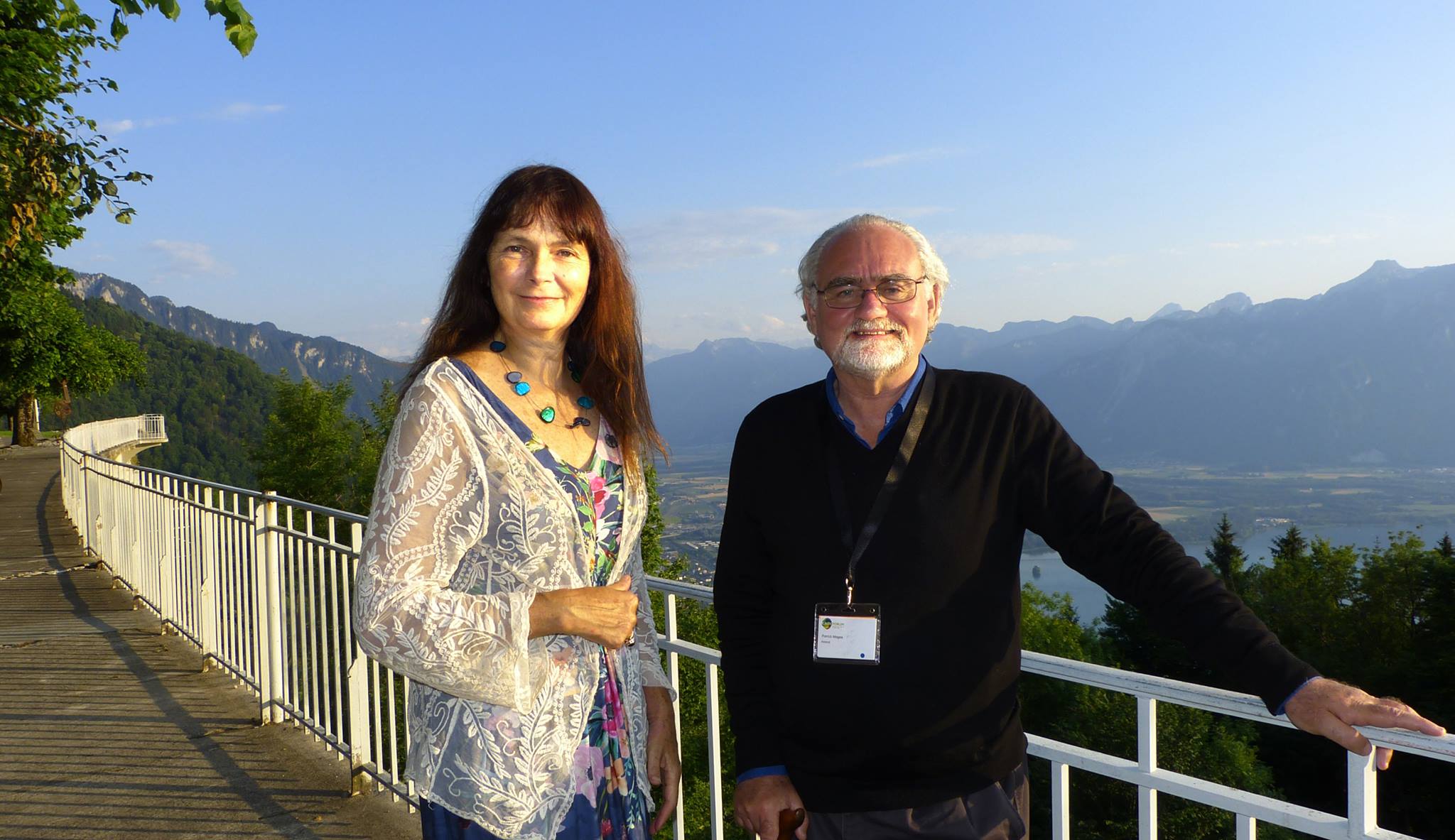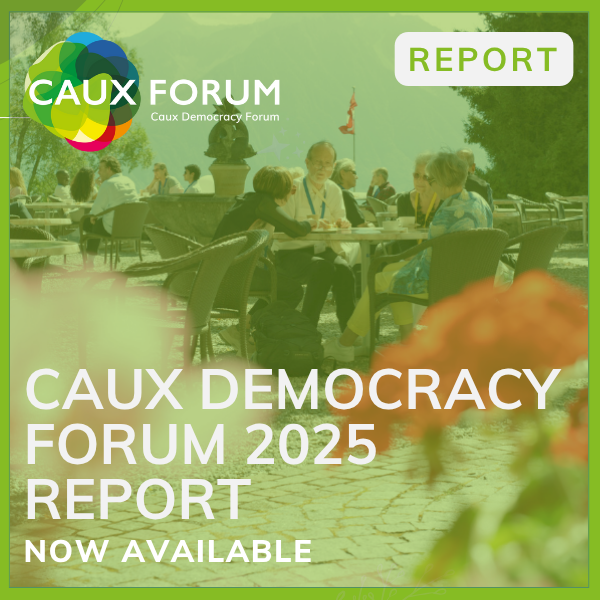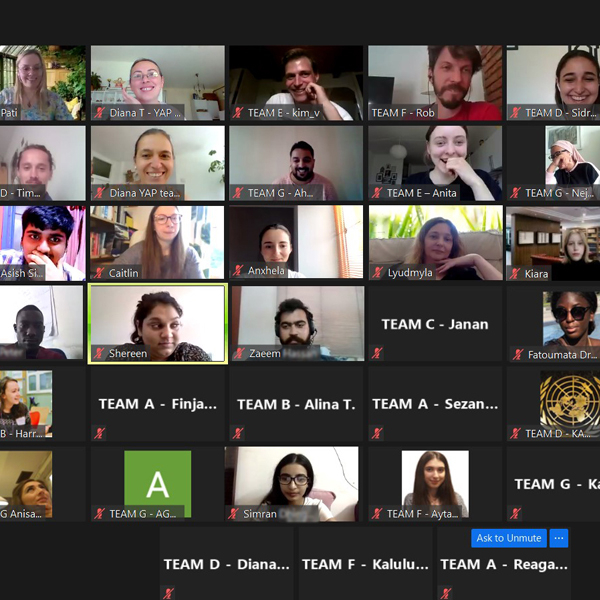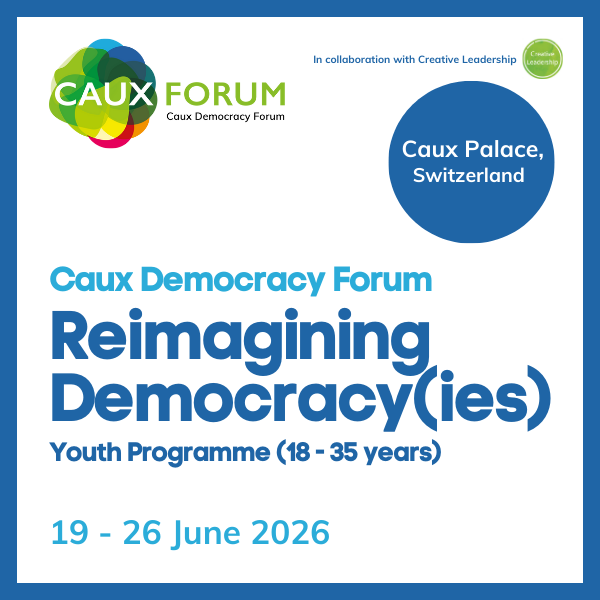‘Where Grieving Begins – Building Bridges after the Brighton Bomb’: a live interview with Patrick Magee
A Tools for Changemakers event in the 'Stories for Changemakers' series
29/09/2021By Hajar Bichri
The second in Tools for Changemakers’ series of Stories for Changemakers took place on 25 August 2021, with an interview with Patrick Magee, who planted a bomb at the Grand Hotel, Brighton, in 1984, which killed five people. The series aims to foster difficult conversations by telling less-heard stories which explore both sides of a conflict.
Sixty-five people from Africa, Asia, Europe and the Americas listened in as Patrick Magee talked to Neil Oliver about his memoir, Where Grieving Begins – Building Bridges after the Brighton Bomb. After the interview, there was an opportunity for discussion in breakout rooms and questions to the speaker.
Patrick joined the provisional Irish Republican Army (IRA) at the age of 19. He spent 14 years in prison for his role in the Brighton bombing and was released in 1999 as part of the Good Friday Agreement.
In his book, Patrick describes the label of ‘the Brighton bomber’ as a ‘a thought- terminating cliché’, which, by placing the focus on him, has robbed people of understanding the context of the bombing.
The title of his book, Patrick explained, comes from a poem by the Chilian writer and politician Pablo Neruda:
The traveller asks himself: if he lived out
a lifetime, pushing the distance away,
does he come back to the place where his grieving began:
squander his dose of identity again,
say his goodbyes again, and go?
What I didn’t understand was Jo had a similar need to continue the talk.
Patrick saw planting the bomb as a ‘political obligation’. Seventeen months after his release from prison, he met Jo Berry, the daughter of its victims and was overwhelmed by the magnitude of the situation. ‘You’re about to walk in the room and meet this person, and you’ve killed her father.’ The experience of meeting someone he had hurt but could not detect any animosity from was a tipping point. Two weeks later, Jo reached out to him again. ‘What I didn’t understand was Jo had a similar need to continue the talk,’ Patrick says.
In reply to a question about what he had learnt from Jo, Patrick spoke of the need to examine the past from different angles and the realization that just as his side had been demonized, they too had demonized those they saw as the enemy. He recalled thinking to himself as Jo talked about her father, ‘The goodness and value I perceive from this woman must at some level come from this man, and I killed him. When you break that down, I’ve killed a fine human being.’
Answering questions from the audience, he expressed the inadequacy of the history taught in British schools and the lack of understanding of the effect on people of the partition of Ireland in 1921.
He was asked whether when he planted the bomb he was thinking about innocent victims. ‘There was consideration given to the likely consequences of the bomb,’ he replied. ‘For example, the bomb was planted at a time we thought civilians were least likely to be caught up in it… We were targeting those we felt most culpable for the conflict, those giving the orders that fed the terrorism on our streets.’
Would he be prepared to use violence again for the unification of Ireland? ‘No, leaving to say the fact that I am 70 and perhaps beyond being able to contribute in that fashion, I don’t believe violence is required to achieve our end… I am fully back in support of the peace process and its continuation and I believe in the end that will prevail.’
Jo, who had spoken in a similar Tools for Changemakers event, was part of the audience on this occasion. Towards the end, she and Patrick agreed that empathy played a crucial role in their dialogue and forgiveness process. ‘To make progress, it’s about getting to a situation of empathy where you try at least to understand and to explain,’ said Patrick. Jo added, ‘For me, empathy is more important than forgiveness.’
Empathy is more important than forgiveness.
______________________________________________________________________________________________________
What the audience said
I’m from Cork and I’ve lived most of my life in Ireland. What you have to say is very much needed for the Republic of Ireland as well. I didn’t think I’d live to hear someone like you talking. So thank you.
Elaine Gordon
I have been so moved by their journey and courage to continue on the journey. I have learned so much and been so inspired by their sharing with the world.
Barbara
I feel there is a need for deeper discussions on this subject. I was really supported in my area where I have difficulties and insecurities to handle.
Olga
______________________________________________________________________________________________________
You missed the event? Watch the replay here.
______________________________________________________________________________________________________
Partner Organizations
The event was offered under the Young Ambassadors Programme as part of the Caux Forum Online 2021, in partnership with Movetia, Edventure: Frome and Beyond Boundaries.
Tools for Changemakers is continuing to develop the Stories for Changemakers series, addressing different sides of conflicts. To learn more about upcoming events, keep an eye on our website.

